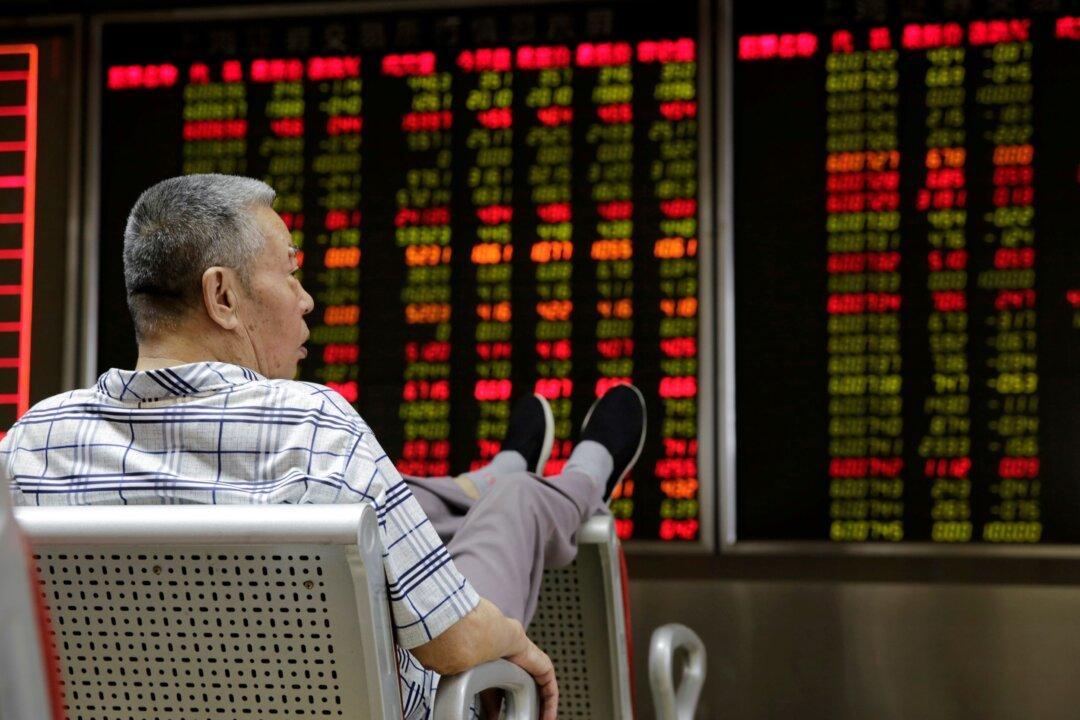LONDON/SYDNEY—Stocks and oil gained on Tuesday on hopes that public unrest in China might prompt an earlier loosening of COVID-19 curbs in the world’s biggest economy, with the yuan up and the dollar down as investor appetite for riskier assets grew.
The Euro STOXX 600 gained 0.4 percent, recovering from its worst session in almost two weeks a day earlier. Shares in London were up 0.8 percent and markets in Paris and Frankfurt gained around 0.2 percent–0.3 percent.





